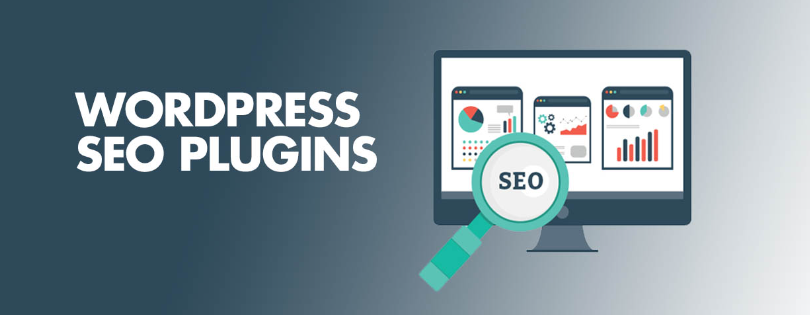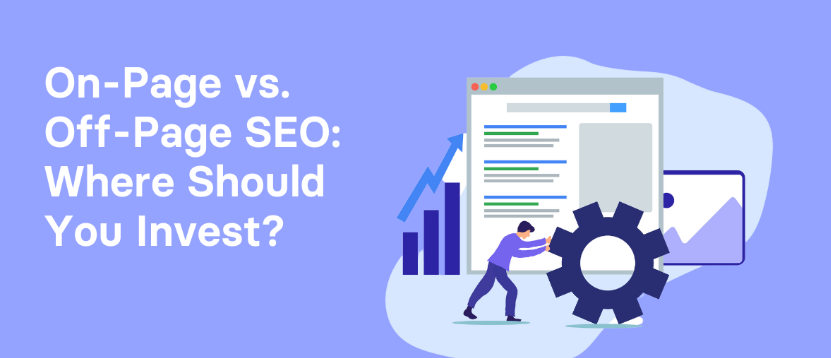In today’s digital landscape, influencer marketing and SEO (Search Engine Optimization) are two of the most powerful strategies for building brand visibility and trust. While many marketers treat them separately, the truth is — influencer marketing can directly and indirectly improve your SEO performance.
In 2025, where search engines are smarter and competition is fierce, combining influencer marketing with SEO gives brands a serious edge. Let’s explore how influencer collaborations can strengthen your website’s rankings, backlinks, and overall online authority.
What Is Influencer Marketing?
Influencer marketing involves collaborating with individuals who have a strong, loyal audience on social media, blogs, or YouTube. These influencers create authentic content that promotes your product or service in a relatable way.
It’s not just about sponsored posts anymore — it’s about building trust, engagement, and visibility within your target audience. When done strategically, influencer marketing can also contribute to your SEO goals, making it a powerful two-in-one digital strategy.
How Influencer Marketing Affects SEO
Here’s how influencer campaigns can boost your SEO — both directly and indirectly.
1. Generates High-Quality Backlinks
Backlinks remain one of Google’s top ranking factors. When influencers mention your brand and link to your website, it creates natural, authoritative backlinks from relevant niches.
For example, if a food blogger links to your recipe website or a fitness influencer links to your supplement store, it signals to Google that your site is credible and worth ranking.
The more organic backlinks you earn from reputable sites, the higher your site’s domain authority (DA) and search rankings will be.
2. Increases Brand Mentions and Online Authority
Even when influencers don’t directly link to your website, brand mentions still help SEO. Google’s algorithm can recognize unlinked brand citations as trust signals.
If multiple influencers talk about your brand across social media, YouTube, and blogs, it increases your brand awareness — and Google interprets that as authority and popularity within your niche.
This leads to better entity-based SEO, where search engines associate your brand name with specific topics or industries.
3. Boosts Website Traffic and Engagement
Influencers have loyal audiences who trust their recommendations. When they promote your brand, followers are likely to click your website link, visit your landing page, and explore your content.
These visits improve user signals, such as:
- Click-through rate (CTR)
- Average session duration
- Reduced bounce rate
Google uses these engagement metrics to assess content relevance and user satisfaction — both of which positively affect your rankings.
4. Enhances Content Strategy
Influencers are content experts. They know what type of visuals, captions, and storytelling resonates with audiences. Partnering with influencers gives you access to fresh, high-performing content ideas.
You can repurpose influencer-generated content (IGC) on your website, blog, or social media channels. This improves your overall content diversity and helps keep your site active with relevant, keyword-optimized material.
Search engines reward updated and engaging content, so this collaboration helps SEO long-term.
5. Improves Social Signals and Visibility
While social signals (likes, shares, comments) are not direct ranking factors, they play an important indirect role in SEO.
When influencers share your content, it reaches thousands (or millions) of people — increasing your chances of earning natural backlinks, mentions, and brand searches on Google.
The more your content is shared across the web, the more it strengthens your online visibility, which supports organic growth.
6. Drives Search Demand for Your Brand
A strong influencer campaign can spark curiosity and increase brand-related searches on Google.
When users start searching for your brand name or branded products, it sends a positive signal to search engines. Higher search volume for branded queries indicates popularity and trust — factors that contribute to stronger SEO authority.
7. Builds Trust and Credibility (E-A-T Factor)
In 2025, Google continues to emphasize E-A-T — Expertise, Authoritativeness, and Trustworthiness. Collaborating with niche influencers strengthens your E-A-T profile because trusted figures are endorsing your products or content.
When users see that an influencer they follow recommends your brand, they’re more likely to trust you — and so is Google.
8. Expands Your Reach to Niche Audiences
Influencers allow you to reach hyper-specific audiences — whether it’s skincare enthusiasts, forex traders, or tech lovers.
By earning backlinks and mentions from relevant niches, your website sends strong topical signals to Google. This improves your site’s ability to rank for niche-specific keywords, leading to more qualified organic traffic.
9. Encourages User-Generated Content (UGC)
Influencer campaigns often encourage followers to share their own photos, reviews, or testimonials. This user-generated content can be used on your website or blog to add authenticity and engagement.
UGC also creates long-tail keyword opportunities, as real customers use natural phrases that people search for online — improving your SEO organically.
10. Strengthens Local SEO Efforts
If you run a local business, collaborating with local influencers can help boost your visibility in specific regions.
When they tag your location, mention your city, or link to your business site, it enhances your local relevance — helping your business appear in Google’s local search results or “near me” queries.
How to Combine Influencer Marketing with SEO
Here’s how to maximize the SEO benefits from your influencer campaigns:
- Provide influencers with specific URLs (optimized landing pages or blog posts) for linking.
- Encourage keyword-rich anchor text when possible (naturally written).
- Collaborate on long-form content like guest blogs, tutorials, or reviews.
- Track performance with tools like Google Analytics and Ahrefs.
- Repurpose influencer content on your site with proper credit and optimization.
When your influencer strategy aligns with SEO goals, both efforts amplify each other — driving more traffic, authority, and conversions.
Final Thoughts
Influencer marketing and SEO aren’t separate silos — they’re two sides of the same digital coin. In 2025, the most successful brands will use influencer collaborations not just for social reach but also for sustainable organic growth.
By earning backlinks, increasing brand mentions, improving engagement, and boosting authority, influencer marketing can significantly impact your search engine rankings and online visibility.
If you want to future-proof your digital strategy, start integrating influencer campaigns into your SEO plan today.





